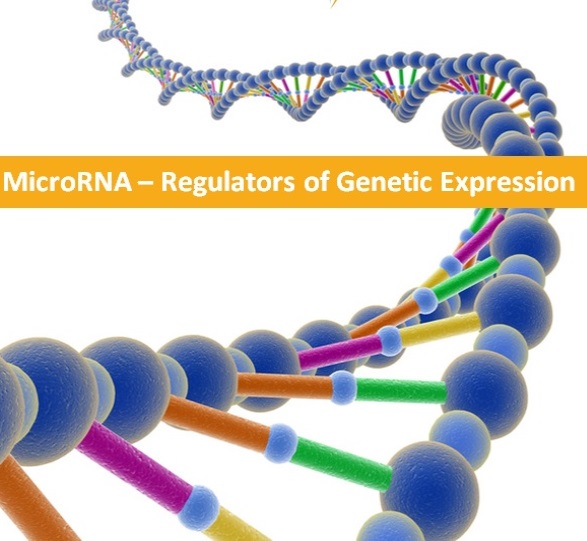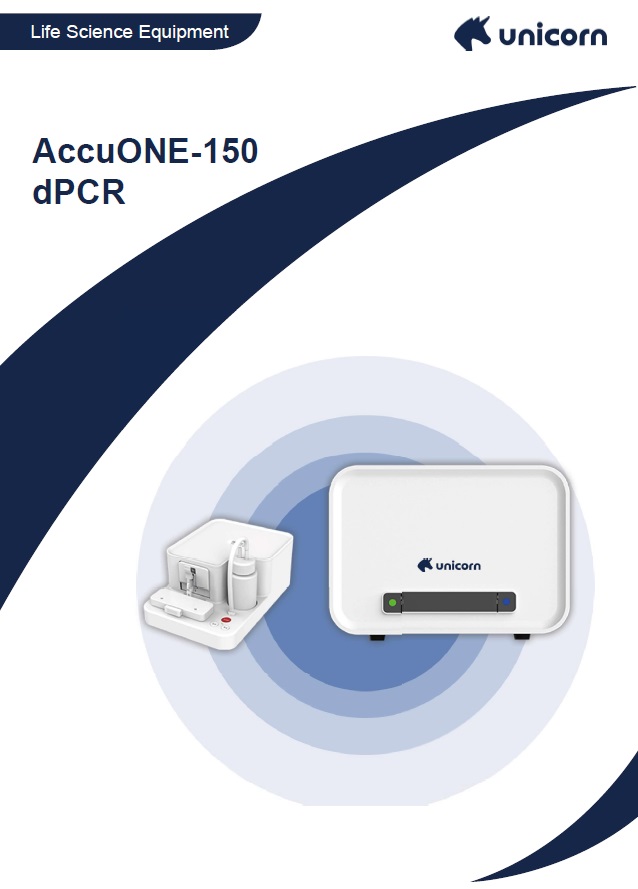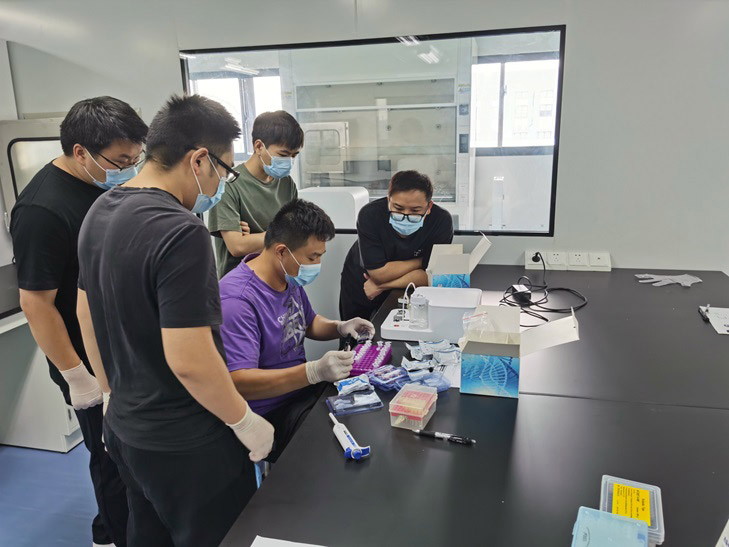Introduction:
In the ever-evolving world of drug research, precision is the cornerstone of groundbreaking discoveries. Fudan University, powered by Unicorn’s AccuONE-150 Digital PCR platform, embarked on a journey to redefine the landscape of microRNA marker screening. Their goal was to identify the most promising targets for research, and they knew that digital PCR was the key to unlocking the accuracy and reliability they needed.
The Challenge of MicroRNA Marker Screening
In the intricate realm of drug research, identifying the right microRNA markers is no small feat. Fudan University’s mission was to screen for microRNA markers, with a specific criterion in mind. MicroRNAs that showed an expression difference more than three times that of the control group were considered targets with research value. This level of precision was essential for making informed decisions in drug development.

Unmasking the Limits of Traditional Methods
The content of microRNAs in human plasma samples varies widely, from high to low. The challenge was in quantifying low-content microRNAs accurately. Traditional qPCR platforms faced limitations in meeting this quantitative requirement. Low-content microRNAs often yielded ct values above 30 on qPCR, and their absolute amounts needed to be determined with high precision. Furthermore, qPCR results proved unreliable when measuring targets with low expression levels exceeding 30%.
Digital PCR: The Game-Changer in Drug Research
Enter Unicorn’s AccuONE-150 Digital PCR system, which revolutionized Fudan University’s approach to drug research in several ways:
1. Absolute Quantitative Precision: AccuONE-150’s digital PCR technology excelled in delivering absolute quantitative performance. It provided the unparalleled accuracy necessary to measure microRNA content with the precision that drug research demanded.
2. Direct Interpretation: AccuONE-150 offered direct interpretation by the endpoint method, eliminating the need for complex standard curves. This streamlined the analytical process significantly, saving time and resources.
3. Sensitivity Beyond Compare: The system’s sensitivity was unmatched. It was capable of detecting even single copies of genetic material. This was particularly valuable when dealing with low-content microRNAs, which often eluded traditional qPCR platforms.
4. Reliability Unshaken: AccuONE-150 demonstrated remarkable stability in the face of challenges. It remained impervious to inhibitory factors and variations in amplification efficiency, ensuring the reliability of results in a variety of conditions.
Empowering Drug Research

With the AccuONE-150 Digital PCR system, Fudan University achieved groundbreaking results in drug research. The precision and accuracy of digital PCR enabled them to identify microRNA markers with research value. By switching to this advanced platform, they overcame the limitations of traditional qPCR and ushered in a new era of reliability in their research. This success story highlights the pivotal role of digital PCR in drug research applications.
It showcases how AccuONE-150’s features of absolute quantitative precision, direct interpretation, unmatched sensitivity, and unwavering reliability are transforming the landscape of drug discovery, ultimately benefiting the advancement of pharmaceutical science and the betterment of patient care.
Learn more about AccuONE-150 Digital PCR



